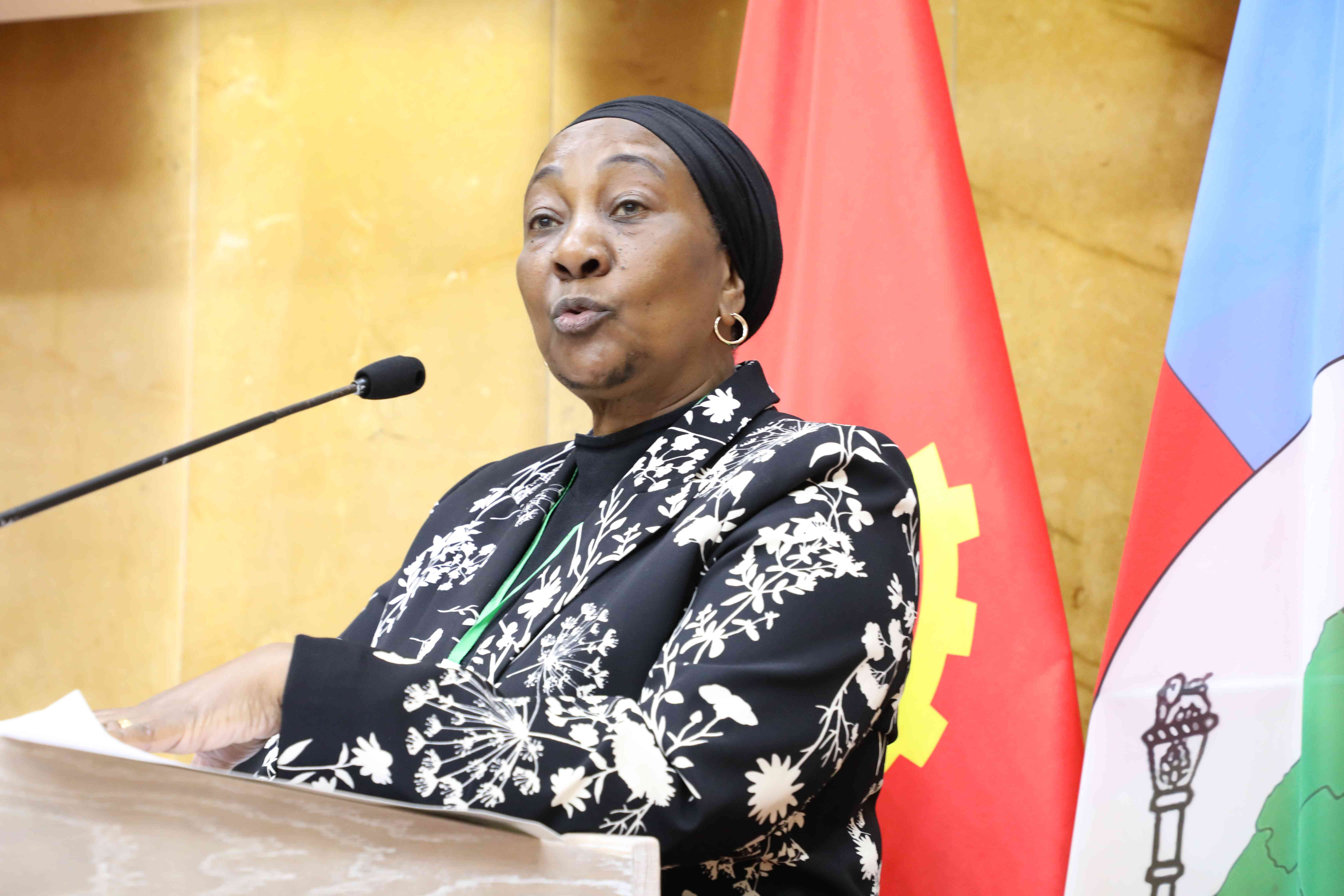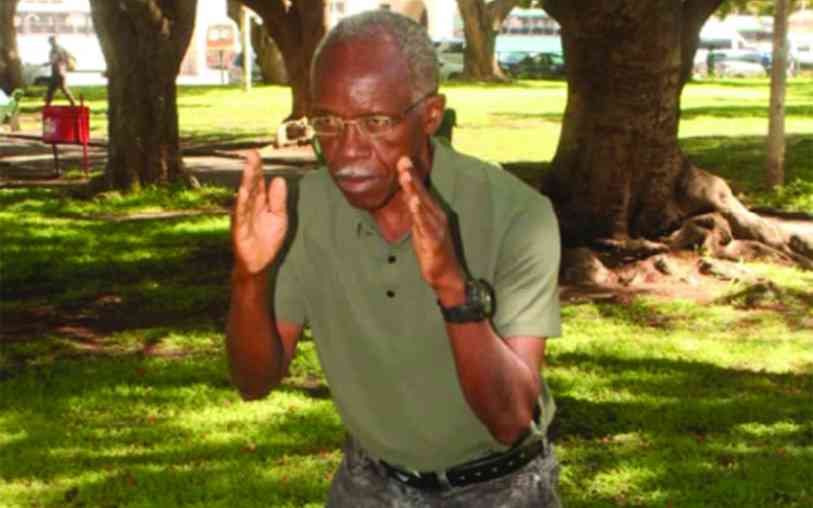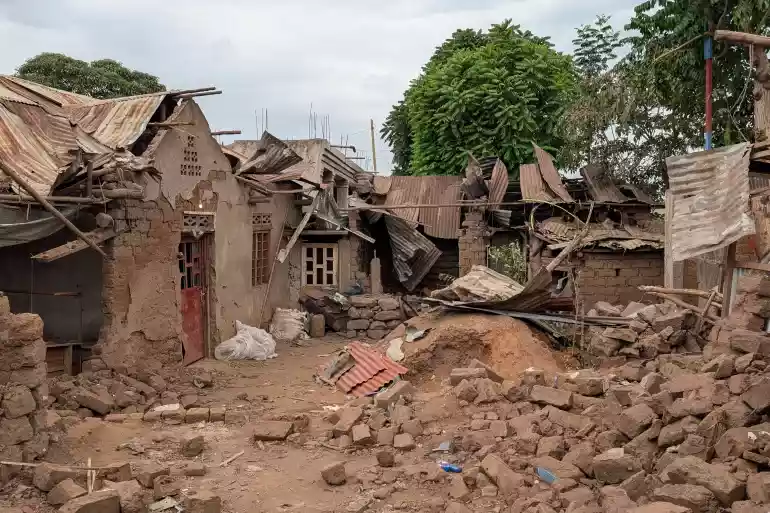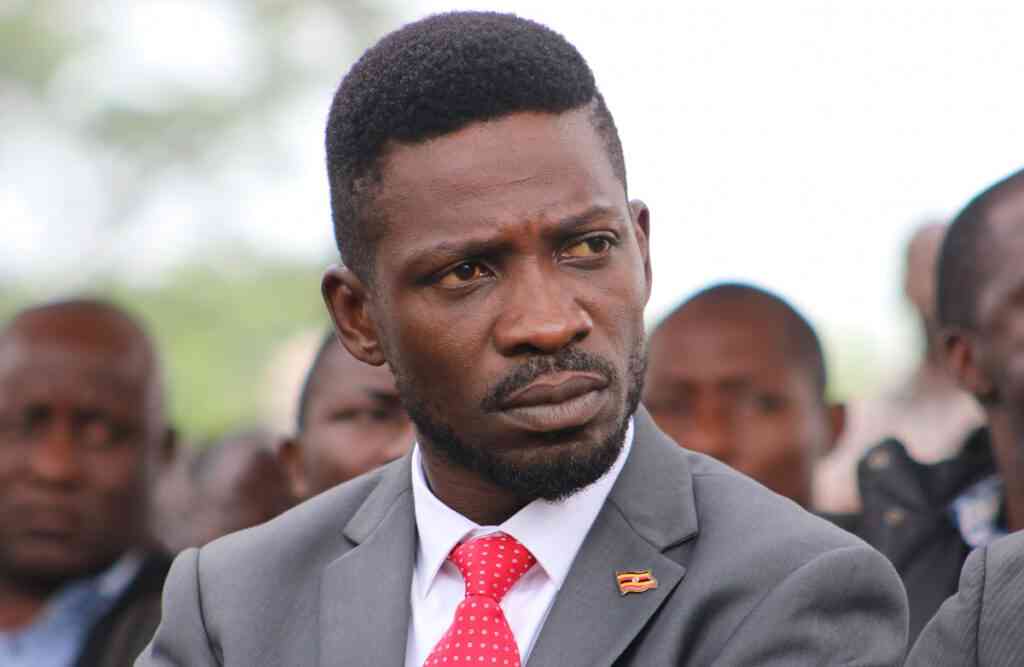
The Regional Women’s Parliamentary Caucus (RWPC) has acknowledged strides taken by SADC member states in advancing gender equality and women’s empowerment in the region through various initiatives, but says there is still room for improvement.
RWPC chairperson Shally Josepha Raymond said this on Monday at the official opening of the 55th Plenary Assembly hosted by the Parliament of Angola in Luanda.
She listed among the top achievements, the appointment of women to the highest echelons of leadership in some countries.
“Member States like my own country, Tanzania, have set commendable examples with the appointment of a woman as President, Her Excellency Samia Suluhu Hassan,” she said, adding that other countries, including host of the 55th Plenary Angola, had appointed women as vice-presidents, cabinet ministers and judges.
“We have also seen a significant increase in the election of women parliamentarians across the region, including as Speakers of Parliament. These developments signify a transformative shift in our societies, reflecting our collective commitment to gender parity and the empowerment of women in all spheres of life,” she added.
Raymond said the creation of the RWPC as an organ with the mandate to promote women's political participation and the opportunity for the caucus to address Plenary Assembly Sessions, clearly demonstrate that commitment.
She said the RWPC and its national chapters, the National Women’s Parliamentary Caucuses (NWPCs), have proved to be strategic platforms for advocating gender equality.
“They have empowered women parliamentarians to champion gender-sensitive policies and the prioritisation of women's issues on parliamentary agendas,” she added.
- We were sad to see ED in Rwanda: Ndiweni
- Coal rush! Energy crisis fires global hunt for polluting fuel
- Tanzania's president urges women to have fewer babies
- Artistes sing against sanctions
Keep Reading
Raymond said legislative measures, including the implementation of voluntary and statutory quotas, have contributed to these advancements for women.
She said some member States have also made notable progress in closing the gender pay gap through rigorous policy and related measures.
“However, while we celebrate these achievements, we must also acknowledge the need for more to be done for accelerated action to achieve gender equality in line with sustainable development goals (SDG) number 5.”
She added: “I am aware that in some member parliaments, NWPCs either do not exist or are struggling to make an impact for various reasons and I urge SADC PF to prioritise the strengthening of these caucuses, so they become effective components of the gender machinery at national level and assist legislatures in efforts to build gender-sensitive Parliaments.”
The RWPC chairperson noted that the SADC Protocol on Gender and Development provides a robust framework, particularly in Article 12, which calls for equal representation of women in decision-making positions, and Article 20, which emphasises the elimination of gender-based violence.
She encouraged member States to seize the opportunities presented by the increased electoral activities in 2024 to adopt more inclusive electoral systems that facilitate the attainment of gender equality.
Linking access to public funding for political parties to their gender equality policies and practices is one way to ensure commitment and accountability, she suggested.
Raymond also encouraged MPs to fight gender-based violence and cyber-violence targeting women candidates and support governments to address the vulnerabilities faced by women and girls who disproportionately experience inequality, unemployment and poverty.
“We should advocate awareness and implementation of Model Laws such as the one on Gender-Based Violence and Public Financial Management to assist in addressing these challenges at national levels.”
She reminded MPs that climate change continues to pose significant challenges in the region, and highlighted it is crucial that as governments respond to build resilience, mitigation and adaptation measures are gender sensitive.
Raymond said women are often the worst affected by climate-related disasters, as evidenced by the current El Niño-induced droughts affecting several SADC member States. She suggested that parliaments take initiative-taking steps to ensure women are not disproportionately affected and have a voice in climate-related decision-making processes.
She called on parliamentarians to use their legislative, oversight and budgetary functions to ensure access to quality education for all women and girls in view of the African Union’s theme for this year, 'Education: Breaking Down Barriers, Building African Futures'.
She said education was not only a fundamental right but also an enabler for other rights for women and girls.
Considering the Plenary Assembly theme, 'The Role of Parliaments in Promoting Renewable Energy Policies in the SADC Region and Creating a Single Regional Energy Market,' she reminded the meeting that women, especially in rural areas, are often the primary energy managers in their households.
Ensuring access to renewable energy can enhance their quality of life and economic opportunities, she said and urged Parliaments to take initiative-taking steps in integrating gender perspectives into their renewable energy policies and initiatives.
“I challenge each of us to make gender equality a personal agenda. Gender equality is not just a women’s issue; it is a societal imperative that demands the commitment and action of everyone,” she said.











